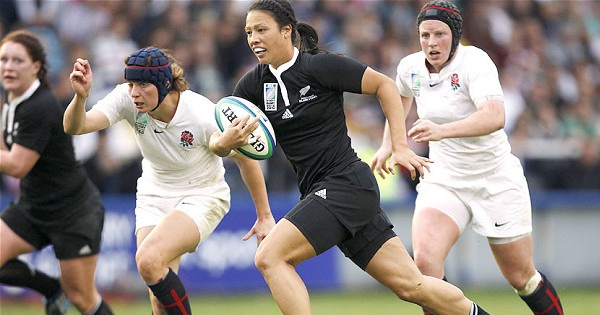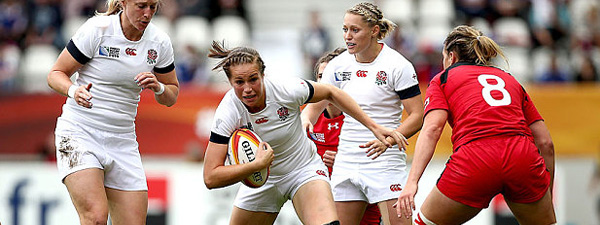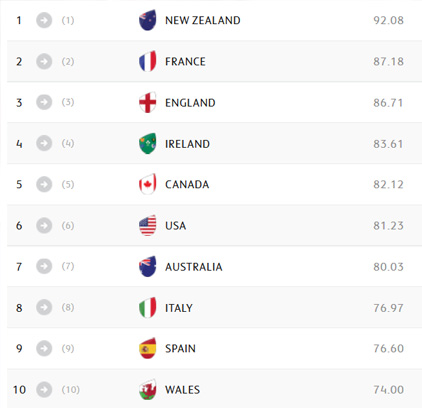
World Rugby has announced details of the first-ever official global ranking system for women’s Test rugby, with New Zealand the first team to top the rankings.
The rankings were introduced after a comprehensive process of obtaining and analysing every result from the first official women’s international matches dating back to 1987 and are based on the same criteria as the men’s rankings.
Fans will not have to wait long for some big rankings clashes as three of the top five teams will go head-to-head during this year’s RBS 6 Nations, which kicks off this weekend.
The new system, which comes into effect from 1 February 2016, will be a weighted system with the number of points available to the winning team proportional to the difference in ranking points between the teams prior to the match.
Introduction of the women’s rankings furthers anticipation ahead of an exciting 18 months of test rugby that will culminate in the much-anticipated Women’s Rugby World Cup 2017 in Ireland.
The current position of the women’s world rankings top ten
World Rugby Chairman Bernard Lapasset said: “World Rugby is committed to driving forward the competitiveness of the women’s game and the new rankings are yet another significant milestone.
“After the success of Women’s Rugby World Cup in 2014 and the excitement building up to the next edition in 2017 in Ireland, it’s vital for international teams to have a rankings focus that will drive exposure and interest as well as increasing the competition schedule, as it encourages member unions to play more test matches.
“It’s a positive step for one of the fastest growing team sports in the world, as it brings parity with the men’s game. Today’s announcement also comes as a timely boost ahead of what will be an exciting Women’s Six Nations Championship.”

The criteria for the World Rugby Women’s Rankings are in keeping with the men’s rankings system and will be updated after all women’s test matches.
- World Rugby World Rankings are calculated using a ‘points exchange’ system, in which sides take points off each other based on the match result. Whatever one side gains, the other loses.
- As a result of the relatively small number of matches compared to the men’s and the discrepancies in the number of matches played by different unions, the effect that one result will have on the rankings could unfairly skew the result.
To combat this effect, it has been decided to start all teams out on 80 ranking points in 1987, then for each year between 1987 and the year that an individual union played their first women’s full international match two points are deducted from their total. - This deduction occurs up until 2007, so if a team plays their first ever full international after 2007 then they will begin with 40 ranking points.
Similar to the men’s rankings, teams will be penalised an equivalent amount to a loss to a significantly lower ranked team per year if they do not play any matches in the space of two calendar years.

Sign In